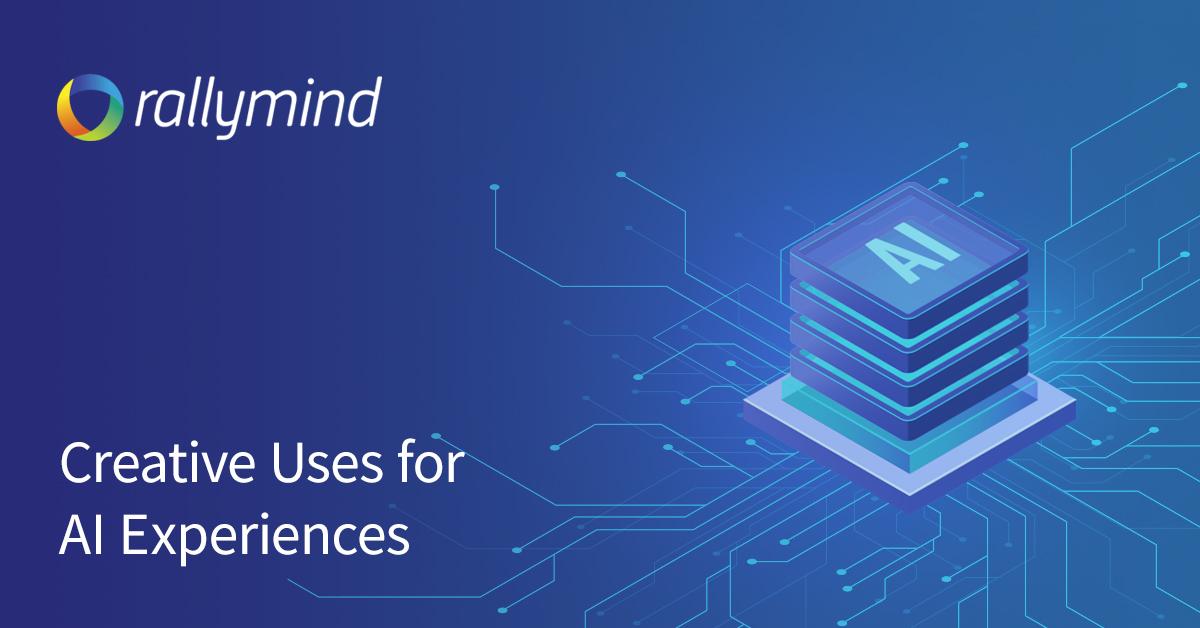
Artificial intelligence (AI) has a multitude of uses in digital marketing. When used well, AI can automate significant portions of marketing activities, greatly reducing the human resources needed to maintain a marketing campaign. It also has the ability to respond to customer activity in real time, providing customized experiences and improving the overall marketing experience.
Location-Based Campaigns
Artificial intelligence can monitor events in hundreds, even thousands, of locations all at once. Depending on the business, events such as weather changes, conventions, or sports events can provide an opportunity for marketing. For example, if AI detects a sudden snow storm, it can immediately offer deals on winter jackets or boots. With the appropriate infrastructure, AI can announce this offer through personalized emails and text messages, on social media, and on advertising banners, all targeted directly to individuals who live in the location affected by the storm.
Customer Profiling
AI collects data quickly for creation of user profiles. A real life person might spend hours creating a single customer profile, but AI can do it in a fraction of the time, segmenting the audience into groups, to personalize and target marketing efforts as effectively as possible. For example, a grocery store might send diaper coupons to a 30-year old mother with an infant living in the house, while simultaneously sending denture adhesive coupons to a 70-year old widower. Furthermore, an AI can recognize when a customer has been incorrectly segmented, correcting any mistakes more quickly.
Improving Customer Experience
AI can monitor customer experience as visitors interact with the brand. From the moment that a customer interacts with marketing for the first time until their last interaction with a webpage, AI can track the experience, compare different customer experiences, and identify trends.
For example, the artificial intelligence might notice that customers are spending longer than expected on the checkout page. Upon investigation, it becomes apparent the checkout page has no option to use the shipping address as the billing address, requiring customers to enter their address twice.
In this case, monitoring the customer experience results in exposure of an inefficient process. In other cases, the AI might discover a strategy that's unusually effective at creating conversions, which can then be scaled up for use elsewhere.
Real Time Personalization
AI can also modify customer experience in real time by as a virtual guide throughout the web experience, personalizing every step of the process.
For example, when a 25-year old male law associate who enjoys playing tennis is on Facebook, the AI might show them an advertisement for law books. Curious, the law associate clicks on the ad and is directed to law books on sale. As he starts checkout, the AI also offers another targeted discount: this time, it's a book that offers tennis tips. As a result of this guided experience, the customer spends $150 on books, when initially only intending to browse options.
AI Increases Responsiveness and Flexibility
AI can be used in so many creative ways because it performs activities in nearly real time that would take a person much longer to perform, responding flexibly to changing conditions in a way targeted to specific customers.
